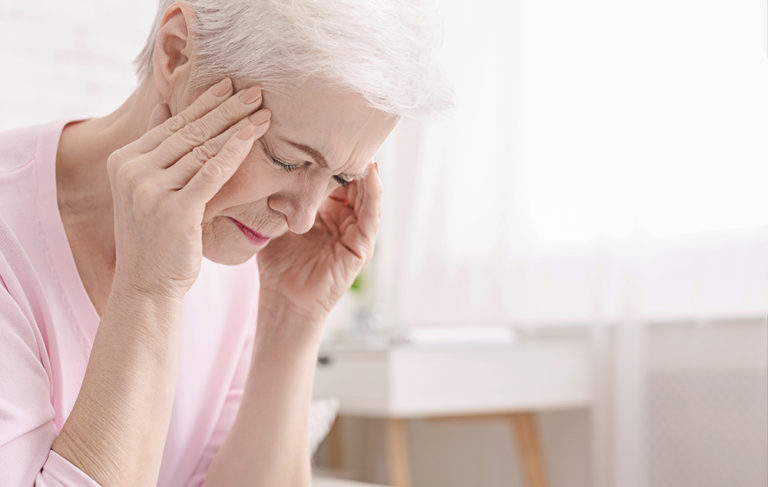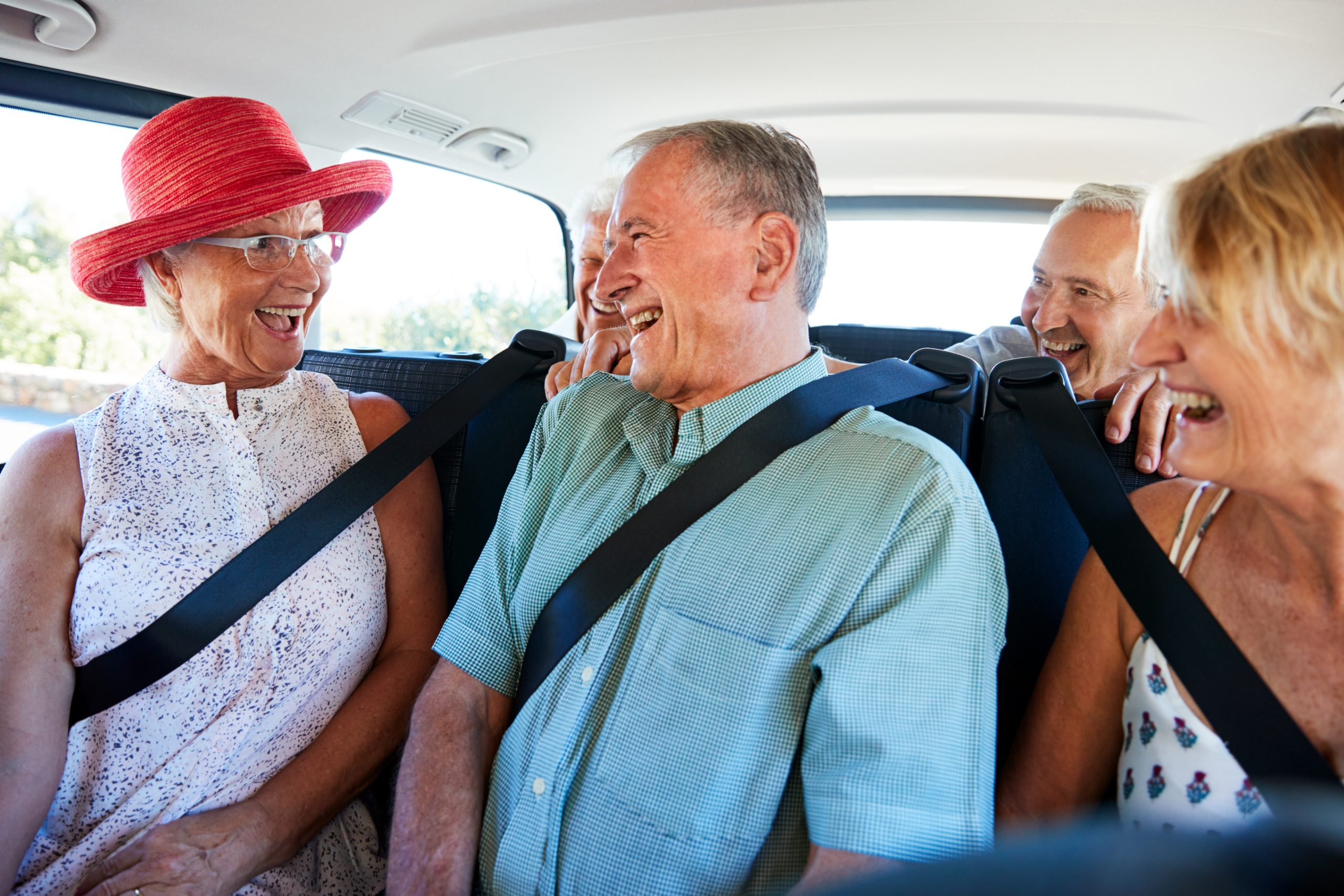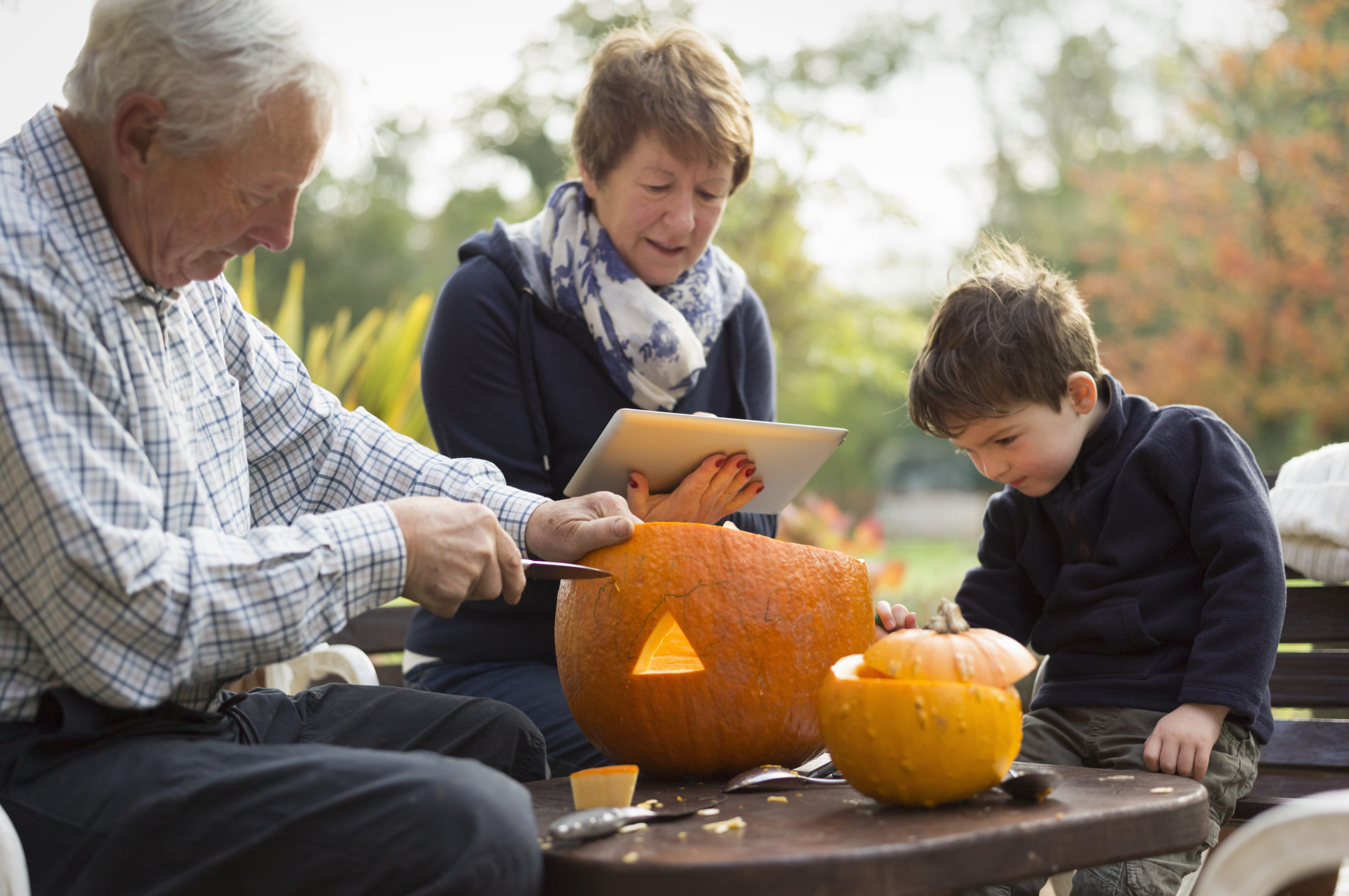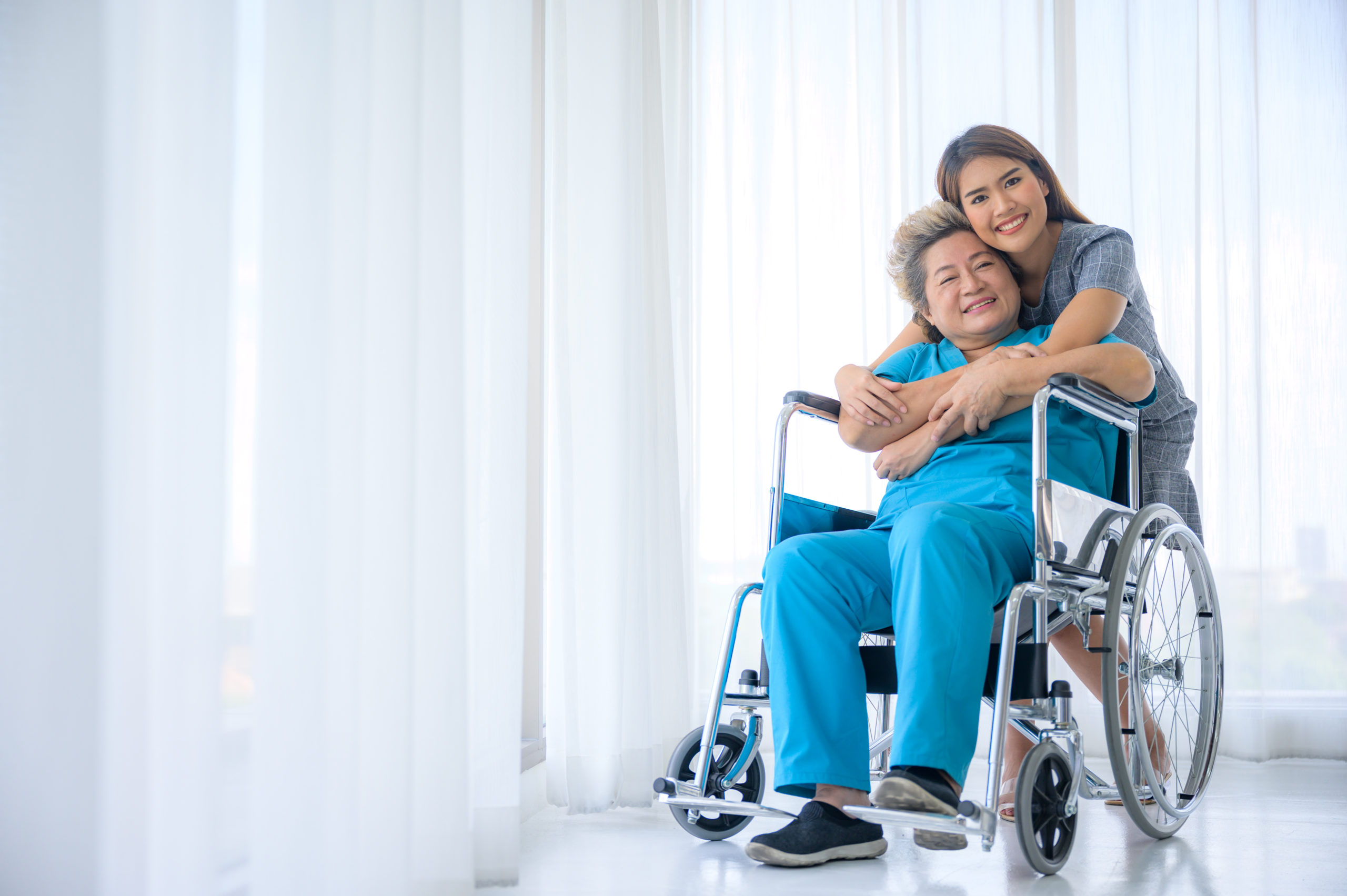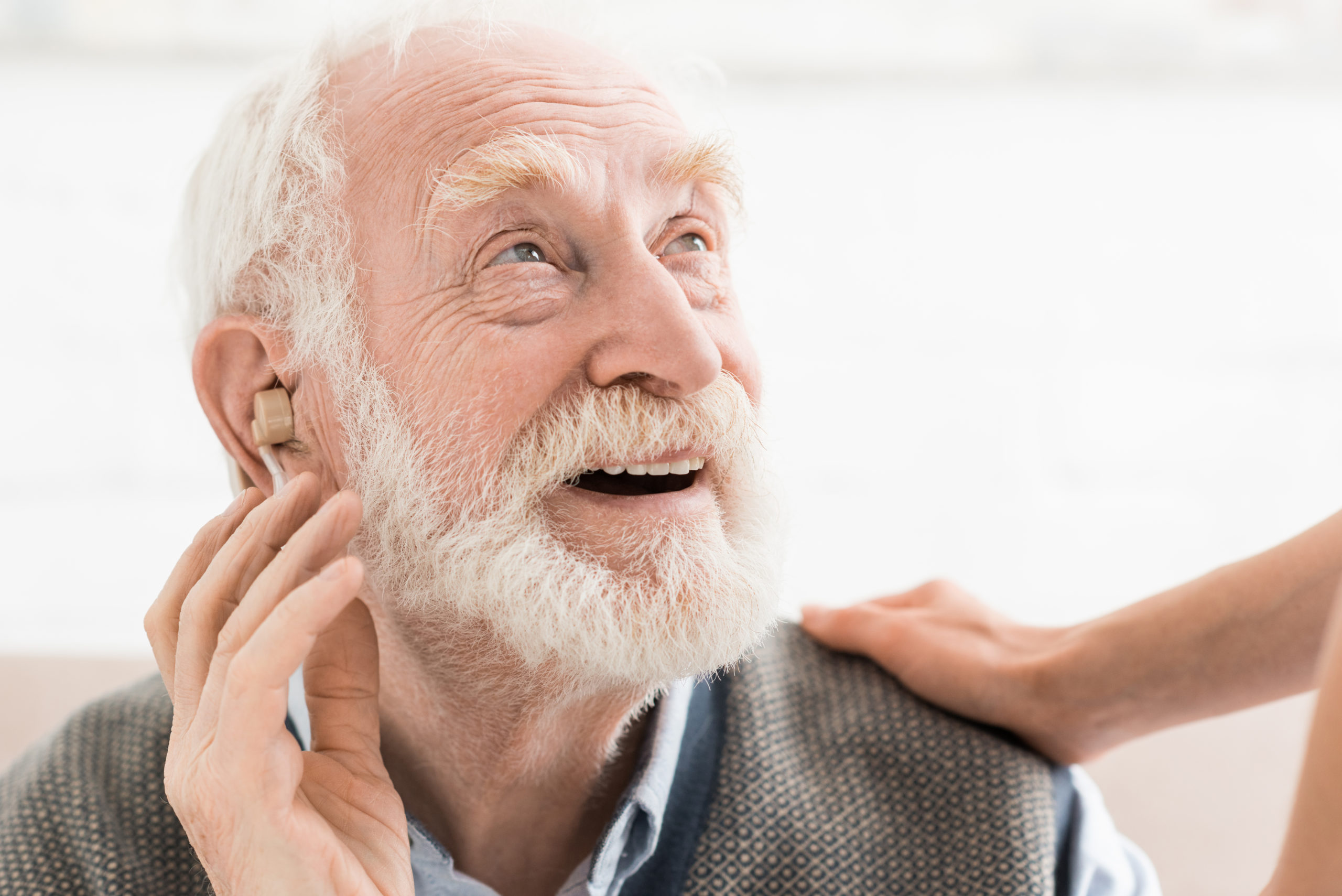Migraines in seniors are less common than what’s experienced in younger individuals. However, headaches of this nature do evolve with age, according to the National Headache Society. In fact, frequent senior migraines can seriously affect an older loved one’s quality of life. The good news is migraines may be managed more effectively with home care assistance geared towards helping older adults deal with migraines better.
Eating Healthy Meals and Staying Hydrated
An important part of dealing with senior migraines involves diet. This is because migraines can be triggered by poor eating habits or a lack of sufficient hydration throughout the day. But with in-home meal preparation, your loved one can receive the guidance and helping hand they need to enjoy well-balanced meals coupled with healthy snacks and plenty of water in between.
Getting Appropriate Physical Activity
Senior migraines may become less of a problem for your loved one if they get sufficient physical activity throughout their day. Regular exercise can be an equally important part of migraine care since physical activity boosts the release of chemicals that naturally block pain signals sent to the brain. Home care workers are trained to help older adults participate in activities appropriate for their capabilities.
Lowering Stress and Anxiety
Emotional stress and anxiety is one of the common triggers that can bring on a migraine headache or aggravate related symptoms that might include nausea, extreme fatigue, dizziness, and pain that progressively becomes more intense. With the right approach to migraine care, your loved one can receive care from both you and trained home care workers in a way that helps them remain calm and comfortable. Even having regular companionship can make your older loved one more relaxed and less susceptible to migraines.
Minimizing Migraine Triggers
Migraines in seniors are sometimes triggered by certain things in their immediate environment. Home care workers know how to create pleasing surroundings for older adults needing to avoid certain types of stimulation. In addition to encouraging your loved one to take their migraine medication as directed, this type of care may involve making sure your loved one is not significantly exposed to headache triggers that might include:
• Excessively bright rooms
• Loud noises or sounds
• Too much caffeine or alcohol
If you need this type of migraine care for your senior loved one for times when you are unable to be there for them, BlueDot Cares can help. Contact us today to learn more.

